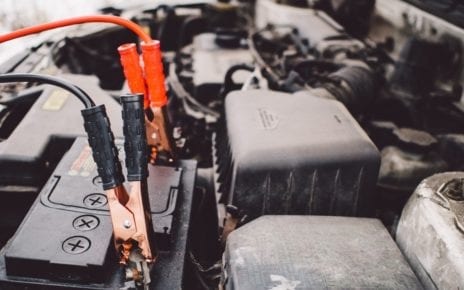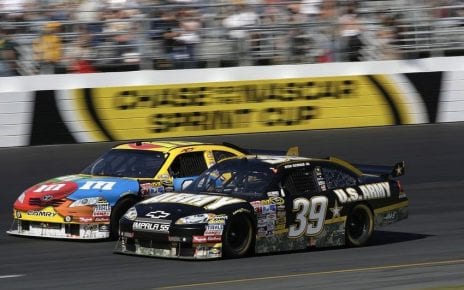A lease is a contract that binds the owner of the car and who is looking to rent it for a duration of time. This process is based on a lessee paying monthly payments, agreed upon in the contract, and after the duration of the agreement is up, the lessor gets his property or vehicle back.
It is a very old form of renting that originated thousands of years ago, it was popularized in the ancient times by the Babylonian king Hammurabi. Leasing transactions take more than one-third of the modern car market, and that doesn’t come off as a surprise in lieu of the benefits it offers to the public.
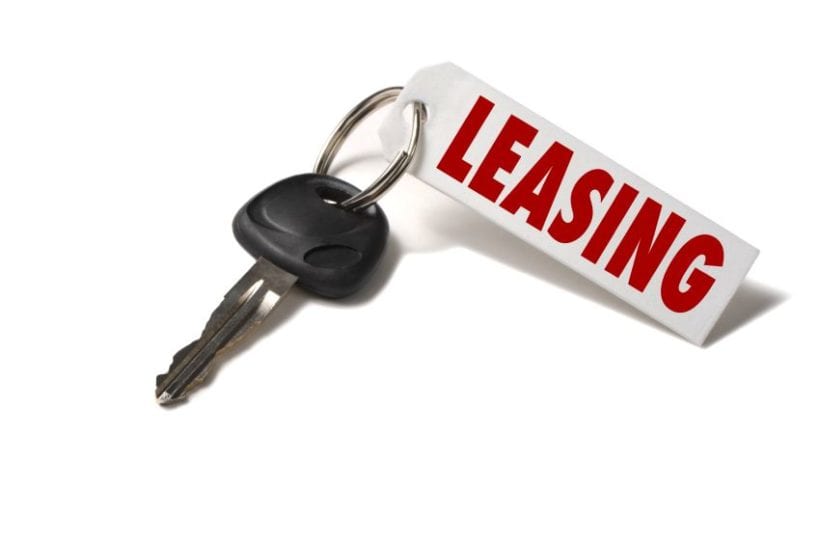
A new above-average car would cost you around $36,000, put in around 5-6 thousand dollars, and you’ll end up paying more than $550 per month for about 6 years. The problem with this paradigm of car purchasing is that it puts you at a disadvantage when you decide that you’d like to have a different or newer car, you’re stuck until you finish off the car loan or installments.
The cost of repairs and maintenance a car undergoes in 6 years is too much if all you care about is changing the car as soon as possible. People lease because it’s not only cheap, but it provides you with a great variety of options. Some people like to change their car every couple of years.
If they keep buying cars and replacing them, they are going to go bankrupt in no time.This process gives some leeway to those who don’t like being bound by many years of monthly payments and face the issues of value depreciation when they sell their car. When you lease a car, your warranty covers most repairs, you pay less sales tax, significantly lower down payment, and you still have the option to buy the car at the end of your lease.
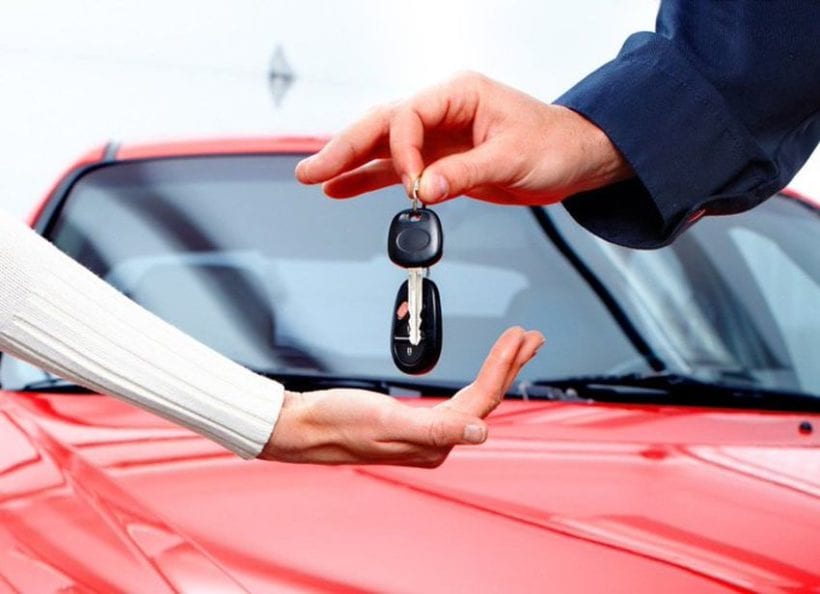
It can be a way for someone to know for sure if the car is suitable for them or not. When you end your 2-3-year lease contract, you can choose to buy the car by paying the residual value. When you lease a car, the lender accounts for the depreciation of the vehicle in their calculations; the residual value is the lender’s estimation of a vehicle’s value in the market after a specific duration.
Let’s say you lease a car with a market value of $40,000, the entity you lease it from believes that the car’s market value will be $30,000 after 2 years based on specific calculations. This depreciation of $10,000 is going to be paid for in your 2-year contract, in addition to interest rates and other fees.
When the lessor accurately covers the projection of value depreciation correctly, they can break even and start making a profit, not to mention that they can sell the car at the end for a higher value than they expected if they get lucky. We’ll be presenting you with some tips that can help you find the best leasing deal available.
Reading the Fine Print
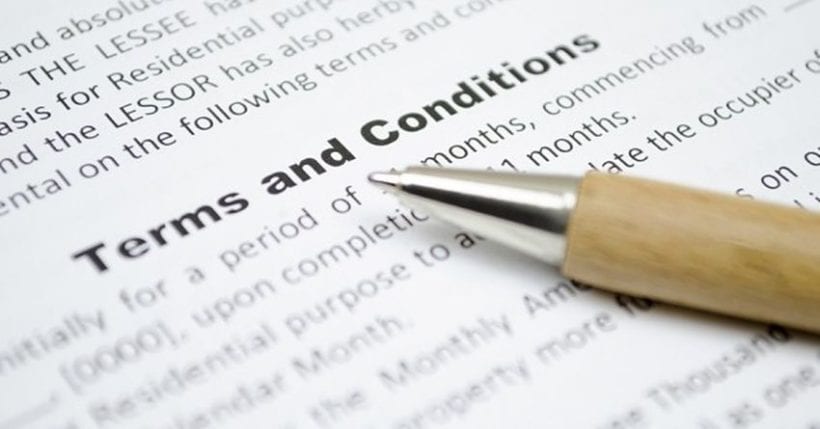
Unlike buying a car, leasing can put some restrictions on your mileage, wear and tear, and repair coverage. If you sign a lease deal without reading the fine print, you can find yourself owing thousands of dollars just because of a very specific limitation. Usually, the most overlooked pieces of information in a contract are being the cap on the number of miles you’re allowed to drive.
The typical cap for average car leases is around 12-15 thousand miles per year, some people can forget this limit and drive carefree, once their term is up, they find that they are almost paying for the car with the mileage penalty alone. Before you lease the car, you can ask for a higher mileage limit, it should increase the payment, but it’s going to save you from costly penalties.
You’ll need to pay attention to every subtle dent or decolorized area, if there’s any job that you can do yourself, don’t hesitate to do it. You should be able to easily find a lot of DIY guides on the internet that can help you make your car look like it’s brand new if there is no heavy structural damage or discoloration.
Auto leasing companies are very good at finding every ding and dent then charging you more for it. The standards of normal wear and tear can vary depending on your dealership, the guidelines or contract should mention the definition of the damage that is going to cost you a penalty when you return the car after the leasing period.
Down Payment Mitigation
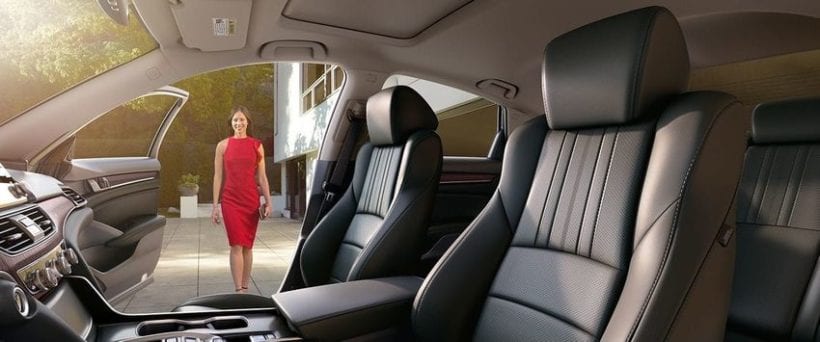
Those drivers who are looking to buy a car using a lease look for more than a test drive, they compare the cost of buying a new car directly to the cost of leasing it and then paying for the residual value. Residual value is a value defined by a lessor; it determines a vehicle’s projected value after the lease term is up using analysis and calculations.
If the residual value guessed, is close to the market value, the lessor is able to make a profit, if the projection turns out to be less than the market value and the car is bought, they lose money. This gamble is played by both sides when a lessee decides to buy the car after the lease contract is up. The benefits that come with this decision are a lower down payment and the extra time, which can be used to decide if you’d like to buy the car or not after the period is up.
There is another ploy that can be used to get yourself a leased car or even buy one through it. A lease takeover means finding a lessee who isn’t interested in continuing with the lease anymore and buying the remainder of their contract.
This proves to be a mutually beneficial situation, where the buyer can buy a lease for less than they would at a dealership or lender, and the seller gets to get out early from his contract. It’s not that easy, as LeaseCosts believes that the transfer process of the contract is the simple part, but being able to find the right seller through the right market is what truly counts. It’s common for lease sellers to try to get rid of the one early due to some issues with the car or with their contract, this is why you should always take your time if you’re planning for a lease takeover.
Gap Insurance
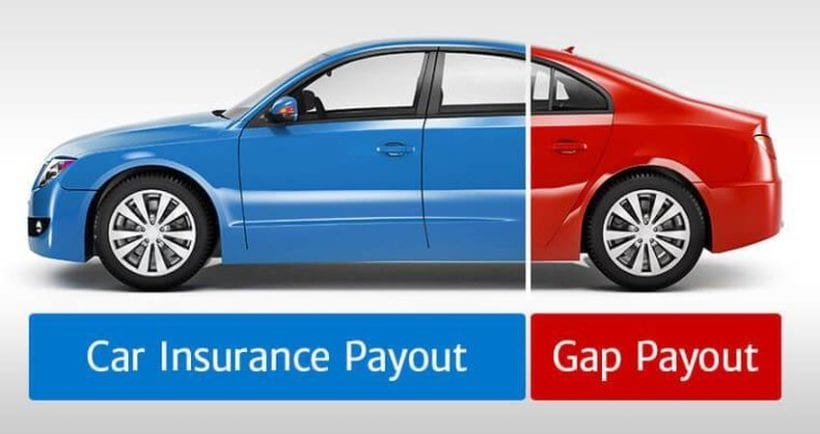
Gap insurance is like your typical insurance, but on the real value of the car in the eyes of the lessor, this insurance is one of the most commonly used ones with leased cars. This “gap” is the difference between the remainder of the lease that hadn’t been paid yet and the market value of the car. If the lender says that the residual value of the car is $10,000 and you happen to crash the car, the insurance company will calculate the car’s current market value then reimburse the dealership, the entity that owns the car.
The problem is when the insurance company decides that the market value of the car is less than the residual value, you’re the one who ends up paying for the difference if they say it’s only worth $7,000, you’re going to pay the remainder which is $3,000. Gap insurance will this “gap, you should always look for gap insurance coverage in your contract, and if you didn’t see one, try to negotiate with the dealership to include it even if you’ll pay extra.
Leasing for Long Periods
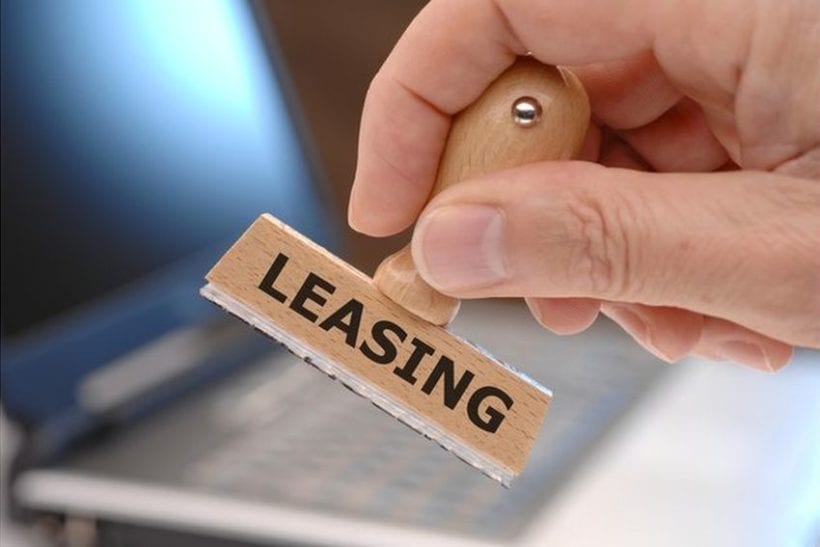
This may be considered a common mistake; some people lease the car for long durations and might not notice that they’re hemorrhaging money on maintenance and repairs for a car that they don’t even own. Usually, an auto lease is about 3 years, some leases can go for more than 3 years, but leasing a car that long would require you to take some precautions, so you don’t end up on the losing side. Before you lease a car, check the warranty period, make sure it matches or if it’s even longer than the lease period.
Dealerships have varying warranties, but the most common one is for 3 years or for a specific mileage, the mileage warranty limit is usually about 36,000 miles. If you find yourself a good deal, but the warranty is less than the lease period, you should ask for an extended warranty. Warranty extension may cost you a little bit extra, but it’s quite worth it, even if you’ll buy the car at the end, having a warranty means having more options at the end of the lease term.
If you’re adamant about leasing a car for long periods, you should maybe consider buying it instead, no one wants to pay for maintenance of a car that they don’t own, at least when you buy the car any repairs would mean that you’d be able to drive it for longer periods without having to pay monthly lease payments.
Financing

The financing of getting a leased car is similar to financing a car purchase. The best way to know the most lucrative offers and discounts in your area is by researching the internet. Just like a car loan, bad credit score can seriously affect your leasing options; you won’t be able to set your own terms easily.
It’s recommended to work on raising your credit score to have more options available for you when you lease a car, but that doesn’t mean that it’s the only way to get a good deal. You can try putting in a higher down payment, but by putting in a higher payment, you’re also gambling to be out of a car and money if the car is totaled.
Lowering the mileage can be another method to get a good deal, but you’ll need to be very careful with the mileage and keep a close eye on it because if you rack up miles, then you’ll lose a lot of money. If you happen to have a vehicle already, some dealerships are willing to offer pretty good deals, especially on the down payment, if you trade in your car.
Ending Your Lease
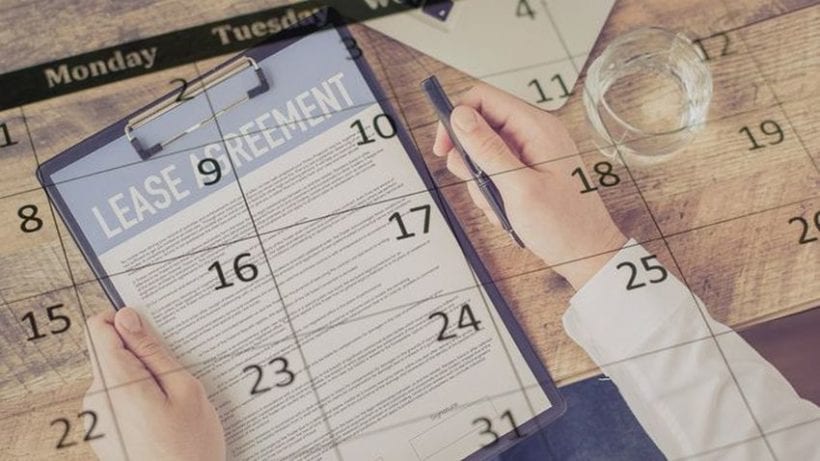
Some people can be under the impression that you can just get out of your lease unscathed when you decide so. The real problem is that the termination fees most dealerships put in lease contracts could reach thousands of dollars because the residual value instantly becomes the true value of the car, which makes them lose the money invested in financing a lease.
The contract should explain clearly what the termination fees and penalties are, so always take it into consideration when you’re thinking about canceling the lease. More often than not, a lease takeover is the most convenient way to get out of your lease, but it may take some time, and the dealership has to allow lease transfer, so ask them beforehand. A lot of dealerships are also willing to trade the leased vehicle for another. If all else fails, you can buy the vehicle and sell it privately.
Auto leasing is popular with many people who don’t have the cash flow to purchase a car. It helps provide a sense of financial freedom, even though there are monthly payments, and it helps to have a timeline where you can decide what your next steps are without being stressed about payments. The most important tip is the one that can help you know what you’re looking for. For more information about hiring a truck in the UK please visit mhf.uk.com.
In this case, you’re looking for convenience. Never settle on a dealership without seeing all the angles, and don’t feel awkward about bombarding their agents with questions. Ask about the gap insurance, warranty duration, and extension fees, which kind of repairs are you held responsible for, lease transfer permission, and any other question you can come up with. The best way to know if a lease contract is financially right for you by calculating the total cost, low monthly payments are tempting, but they aren’t the only determinant in a lease.



